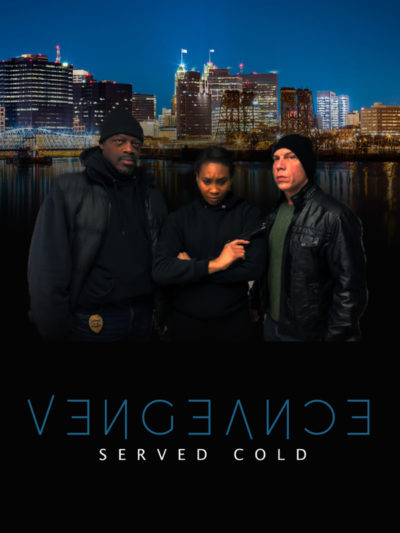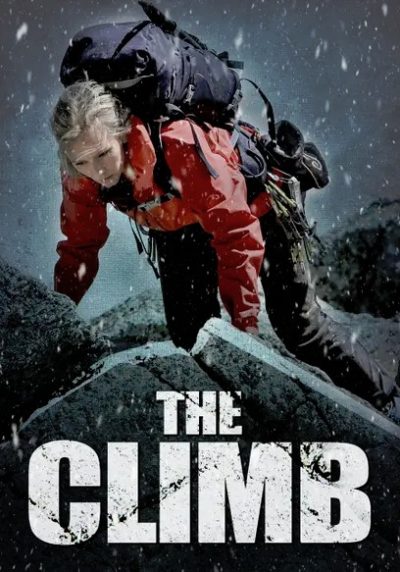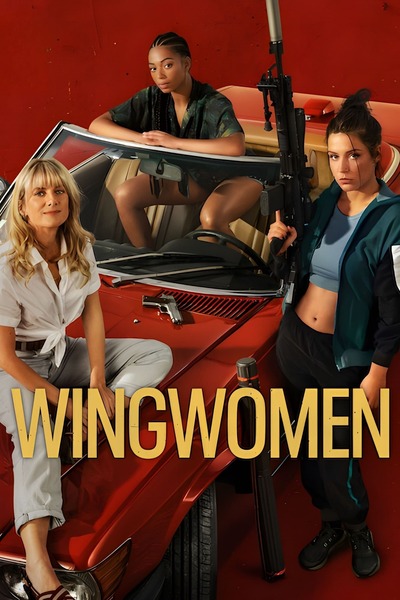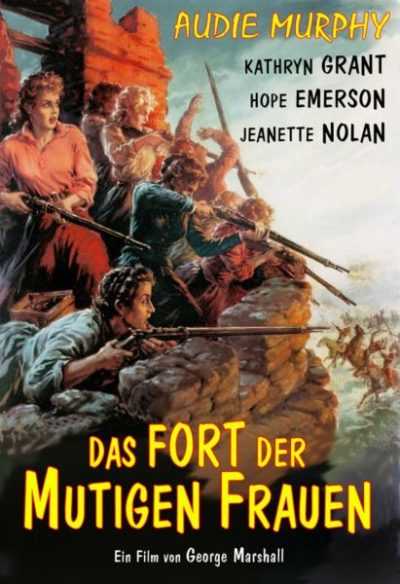Literary rating: ★★★
Kick-butt quotient: ☆☆☆½
 I was disappointed by the lack of tentacles. However, there were certainly no shortage of teeth in this post-apocalyptic tale, which takes place decades after the arrival of monsters, from an uncertain source, has led to the collapse of civilization on Earth. The survivors are left to scratch out a fragile existence, trying to dodge the many kinds of lethal new fauna which inhabit the landscape. Askari is a young woman who forms part of one such nomadic group, but finds herself increasingly questioning the strict rules by which they operate. As punishment for breaking these laws, is sent by elders of her tribe on a hazardous mission into a long-abandoned urban area.
I was disappointed by the lack of tentacles. However, there were certainly no shortage of teeth in this post-apocalyptic tale, which takes place decades after the arrival of monsters, from an uncertain source, has led to the collapse of civilization on Earth. The survivors are left to scratch out a fragile existence, trying to dodge the many kinds of lethal new fauna which inhabit the landscape. Askari is a young woman who forms part of one such nomadic group, but finds herself increasingly questioning the strict rules by which they operate. As punishment for breaking these laws, is sent by elders of her tribe on a hazardous mission into a long-abandoned urban area.
Fortunately, she’s not alone, with allies human and animal. Even with these on her side, there are any number of lethal hazards to be faced, fought or avoided. There are also lessons to be learned, both about survival and her own heritage. When she re-unites with her group, they find themselves trapped in a cave network, possessing an unpleasant sitting tenant. Once that is disposed of, the only way out is through a pitched battle against multiple packs of rarohan, carnivorous creatures the size of horses, capable of ripping a full-grown man to shreds in seconds. Survival is possible, but what might the cost be, and are they willing to pay it?
Despite any deficiencies on the tenticular department, I liked the world-building here, which is likely the strongest element. There’s just enough information given about things became this way, that it doesn’t seem a fait accompli, and it feels like the author has a whole bestiary of weird and wonderful creations in her locker, ready to drop on Askari, as and when necessary. Getting rid of them, on the other hand, is a little less convincing, and is where Sieling struggles most. It’s a combination of questionable evolution – turns out the rarohan have a button on their backs which basically makes them explode – and too convenient contrivance, such as the fully-functioning gun one character suddenly pulls out of thin air. This weakens Askari significantly as a lead character.
It’s something of a shame, since she has many admirable attributes, being smart, inquisitive and in particular, having a questioning nature. She doesn’t accept that “the science is settled,” for example, in the blanket labelling of all monsters as bad. While this can certainly put her in needless peril, the knowledge gained seems likely to help both her and her group in the longer term. Sieling does a good job of telling a complete story here: while the ending clearly opens the door towards further adventures for Askari, it’s not a cliff-hanger, and should leave you feeling satisfied. I might not be willing to pay full price for further entries in the series, yet if I was to see a special offer or collection of them, I could be tempted into a purchase. Let’s just hope the tentacles show up…
Author: Ariele Sieling
Publisher: Independently published, available through Amazon, both as a paperback and an e-book
Book 1 of 7 in the Land of Szornyek series.





 Carla (Williams) and her boyfriend Daniel (Davis) are all set for a nice weekend in the mountains. Unfortunately, the snowmobile trip runs into difficulty, in particular coming in the shape of a pair of cartel assassins. What, you may ask, are a pair of cartel assassins doing half-way up a snowy mountain in [I’m guessing] the Colorado Rockies? Good question. I’m glad you asked. They are after a robber who made the ill-advised decision to rob a bar which was a front for their organization. He’s now hiding out, half-way up the aforementioned snowy mountain, in the belief he’s safe. Turns out not to be the case.
Carla (Williams) and her boyfriend Daniel (Davis) are all set for a nice weekend in the mountains. Unfortunately, the snowmobile trip runs into difficulty, in particular coming in the shape of a pair of cartel assassins. What, you may ask, are a pair of cartel assassins doing half-way up a snowy mountain in [I’m guessing] the Colorado Rockies? Good question. I’m glad you asked. They are after a robber who made the ill-advised decision to rob a bar which was a front for their organization. He’s now hiding out, half-way up the aforementioned snowy mountain, in the belief he’s safe. Turns out not to be the case. At the age of fifteen, Madison Michaels saw her prostitute mother beaten and killed by Renegade (Cross), a vicious local pimp. His homicide goes unpunished. Ten years later, Madison (Linton) is a counsellor, trying to help drug addicts and hookers get off the streets. She discovers that Renegade is still abusing women, and gets no help from the police, with Detective Straker (Williams) saying he can do nothing based on her hearsay. Against the advice of her friends and sister Lydia (Jeffries), Madison hatches a plan to take the pimp down, and clean the streets of thus piece of scum. Naturally, it doesn’t initially go quite as planned, with the trap set for Renegade backfiring, followed by betrayal from an unexpected direction.
At the age of fifteen, Madison Michaels saw her prostitute mother beaten and killed by Renegade (Cross), a vicious local pimp. His homicide goes unpunished. Ten years later, Madison (Linton) is a counsellor, trying to help drug addicts and hookers get off the streets. She discovers that Renegade is still abusing women, and gets no help from the police, with Detective Straker (Williams) saying he can do nothing based on her hearsay. Against the advice of her friends and sister Lydia (Jeffries), Madison hatches a plan to take the pimp down, and clean the streets of thus piece of scum. Naturally, it doesn’t initially go quite as planned, with the trap set for Renegade backfiring, followed by betrayal from an unexpected direction.  Mildred Moyer (Chamberlain) has a problem, and it’s as plain as the nose on her face. Actually, it
Mildred Moyer (Chamberlain) has a problem, and it’s as plain as the nose on her face. Actually, it  I was really surprised to discover that this French film is actually made for television. It has a certain gravitas and thoughtfulness to it, that you rarely find in a genre which is (often rightfully) derided as being formulaic and cliched. This doesn’t escape those criticisms entirely – in particular, there’s a “Disease of the Week” subplot, which does feel as it it might have strayed in from Lifetime or Hallmark. However, even there, it feels handled in a relatively natural manner, rather than being shoehorned in there to elicit sympathy from the viewer. It definitely looks better than most TVMs out of Hollywood. Whether this is down to Félix von Muralt’s cinematography, or simply the stunning Alpine landscapes, is open to debate.
I was really surprised to discover that this French film is actually made for television. It has a certain gravitas and thoughtfulness to it, that you rarely find in a genre which is (often rightfully) derided as being formulaic and cliched. This doesn’t escape those criticisms entirely – in particular, there’s a “Disease of the Week” subplot, which does feel as it it might have strayed in from Lifetime or Hallmark. However, even there, it feels handled in a relatively natural manner, rather than being shoehorned in there to elicit sympathy from the viewer. It definitely looks better than most TVMs out of Hollywood. Whether this is down to Félix von Muralt’s cinematography, or simply the stunning Alpine landscapes, is open to debate. Netflix describes this as “Charlie’s Angels meets Lupin, with a dash of Killing Eve.” Um. About that… While I haven’t seen Lupin, I can confidently state any similarity to the others is tangential at best. For example, the only thing this really has in connection with Charlie’s Angels, is that there’s three of them. But here, it’s more like 2.25, since the third member is largely useless. It’s almost entirely the story of Carole (Laurent) and Alex (Exarchopoulos), two thieves who work for the enigmatic Marraine (Adjani). But Carole has discovered she’s pregnant and wants out of the business. Marraine is not happy, but agrees, providing Carole does that hoariest of film clichés: One Last Job.
Netflix describes this as “Charlie’s Angels meets Lupin, with a dash of Killing Eve.” Um. About that… While I haven’t seen Lupin, I can confidently state any similarity to the others is tangential at best. For example, the only thing this really has in connection with Charlie’s Angels, is that there’s three of them. But here, it’s more like 2.25, since the third member is largely useless. It’s almost entirely the story of Carole (Laurent) and Alex (Exarchopoulos), two thieves who work for the enigmatic Marraine (Adjani). But Carole has discovered she’s pregnant and wants out of the business. Marraine is not happy, but agrees, providing Carole does that hoariest of film clichés: One Last Job. I went into this braced for it to be terrible, having sat through the same film-makers’, largely irredeemable
I went into this braced for it to be terrible, having sat through the same film-makers’, largely irredeemable  This is one where you need to take the era into account. Made in 1957, this was based on a short story from a couple of years earlier: “Petticoat Brigade” by Chester William Harrison. It’s very much an Audie Murphy movie – and understandably so, since the man was a bona fide hero, being one of the most-decorated American combat soldiers in World War II, before he became an actor. But the fifties was not a decade known for strong, independent female characters in Hollywood Westerns. We’ve covered a few:
This is one where you need to take the era into account. Made in 1957, this was based on a short story from a couple of years earlier: “Petticoat Brigade” by Chester William Harrison. It’s very much an Audie Murphy movie – and understandably so, since the man was a bona fide hero, being one of the most-decorated American combat soldiers in World War II, before he became an actor. But the fifties was not a decade known for strong, independent female characters in Hollywood Westerns. We’ve covered a few:  War correspondent
War correspondent  I should be clear, this is not to be confused with
I should be clear, this is not to be confused with